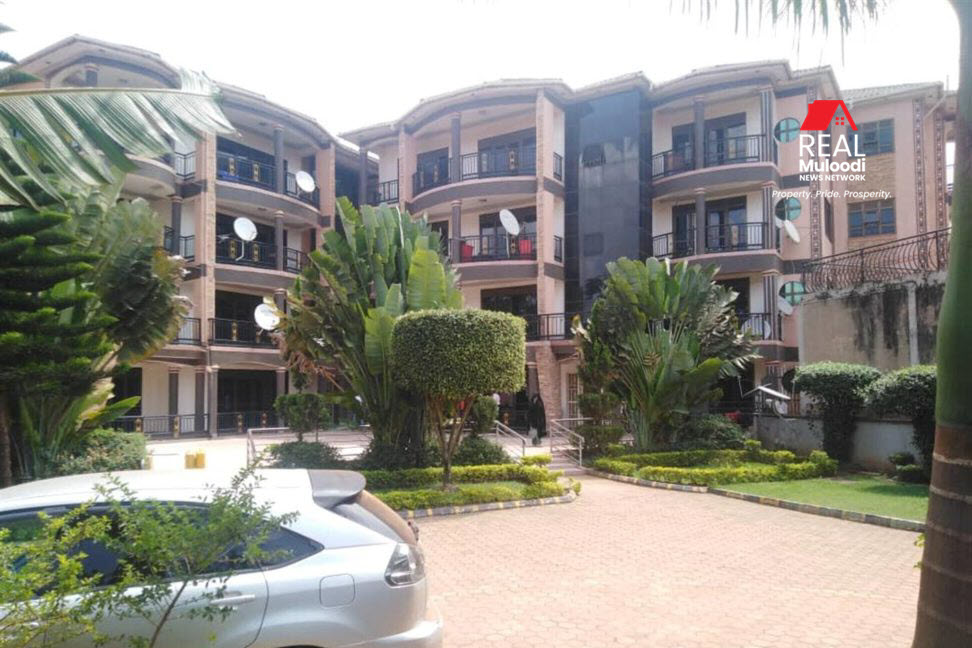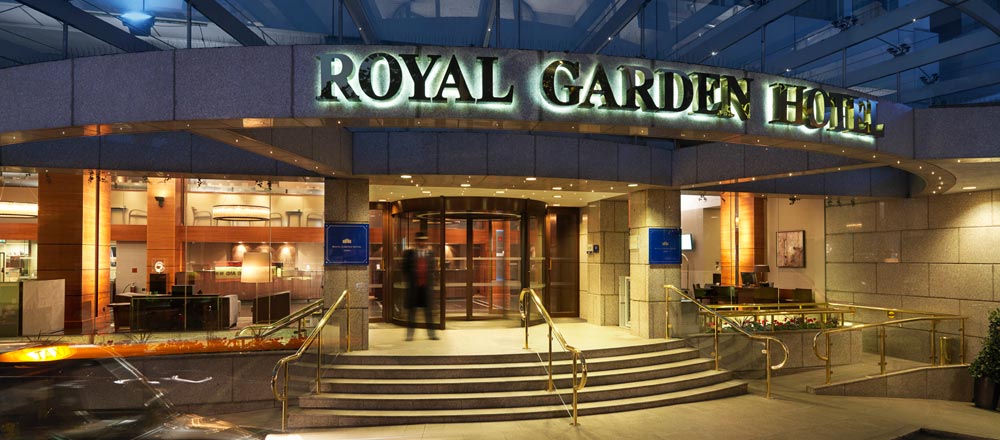
4 Must-Knows When Investing in Commercial or Residential Property
Real estate commercial properties operate as malls, grocery stores, office spaces, industrial parks, manufacturing shops and more. Residential investment property provides tenants accommodation like single-family homes, multi-family homes, townhomes, condos, apartments, and holiday homes. Both investment properties can be lucrative, with a positive cash flow and profits, even when you decide to resale.
To ascertain which is a better investment strategy, let’s make a comparison, and hopefully, at the end of your read, you will have chosen what suits you best.
1) Risks and Vulnerability
Although investing in commercial property tends to yield cash flow and returns that are far more attractive than residential property, as an investor, you should know that higher returns bring higher risk. Commercial investment properties are sensitive to economic conditions. For instance, the job market grows when the economy is strong, and demand for commercial properties rises. In an economic downturn, the reverse is true. The effects of the recent COVID-19 pandemic on commercial real estate is a perfect example of this.
Changes in infrastructure and the supply of properties can also affect commercial investments. If there is an increase in new and trendy commercial properties coming on the market in your area, it will create more competition for you, thus reducing your potential yields.
Though economic conditions can also affect residential investors, the impact is more severe for commercial investors. People will always want homes to buy or rent. Therefore, there will always be a demand for residential properties in any real estate market.
2) Initial Capital
Commercial property has long been a sound investment; however, it requires more money up-front than residential properties for sale.
The average person is not likely to have enough savings for the sizable down payment that is needed on a commercial property. Whereas it is much more likely that they can save enough for a single-family home.
3) Finding Tenants and Reselling
One advantage of investing in commercial property is that it attracts long-term tenants. However, finding tenants tends to take longer, as it is common for commercial real estate properties to have a higher vacancy rate, adding another risk to this type of property.
The real estate investor will face financial loss while covering all the costs during the vacancy period.
Compared to residential investments, commercial real estate properties are challenging to sell. As for residential real estate investments, they are easier to resell because demand is always there. Read More…








